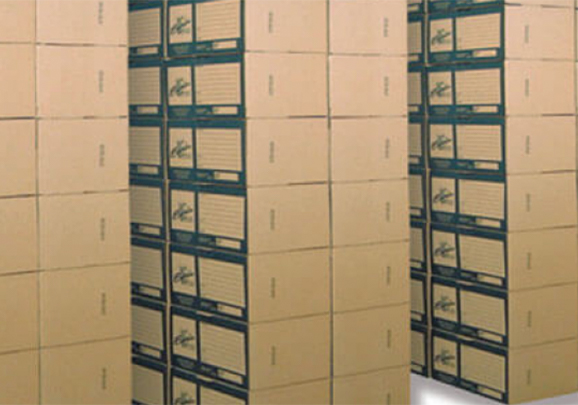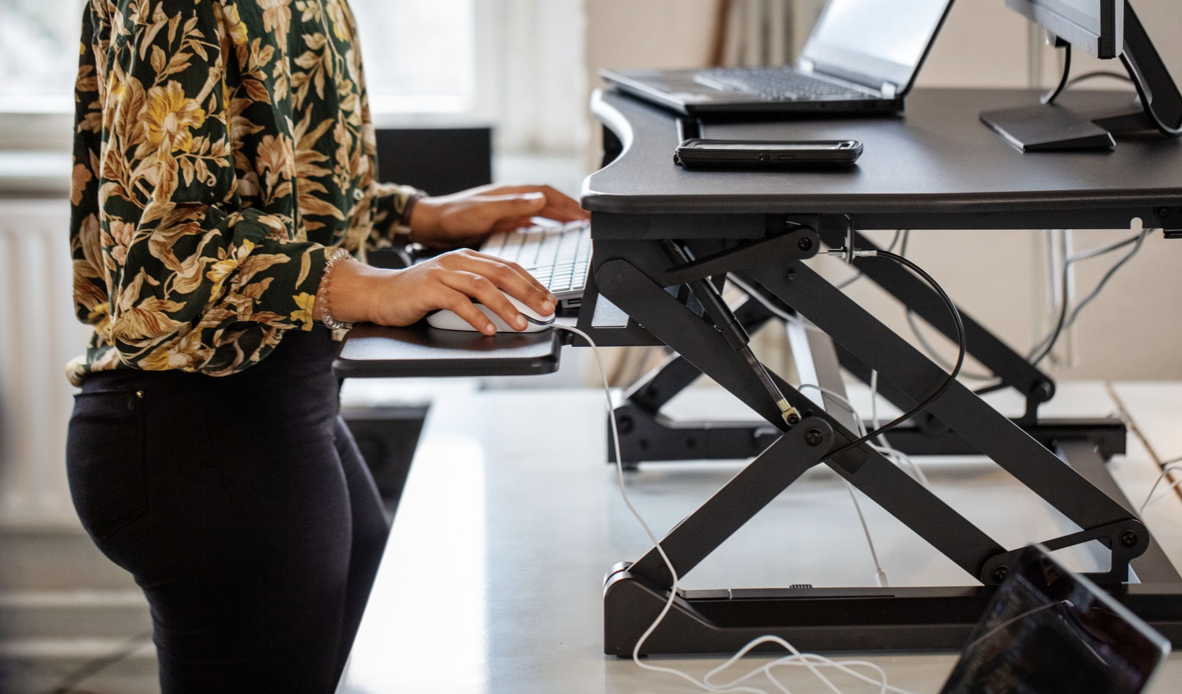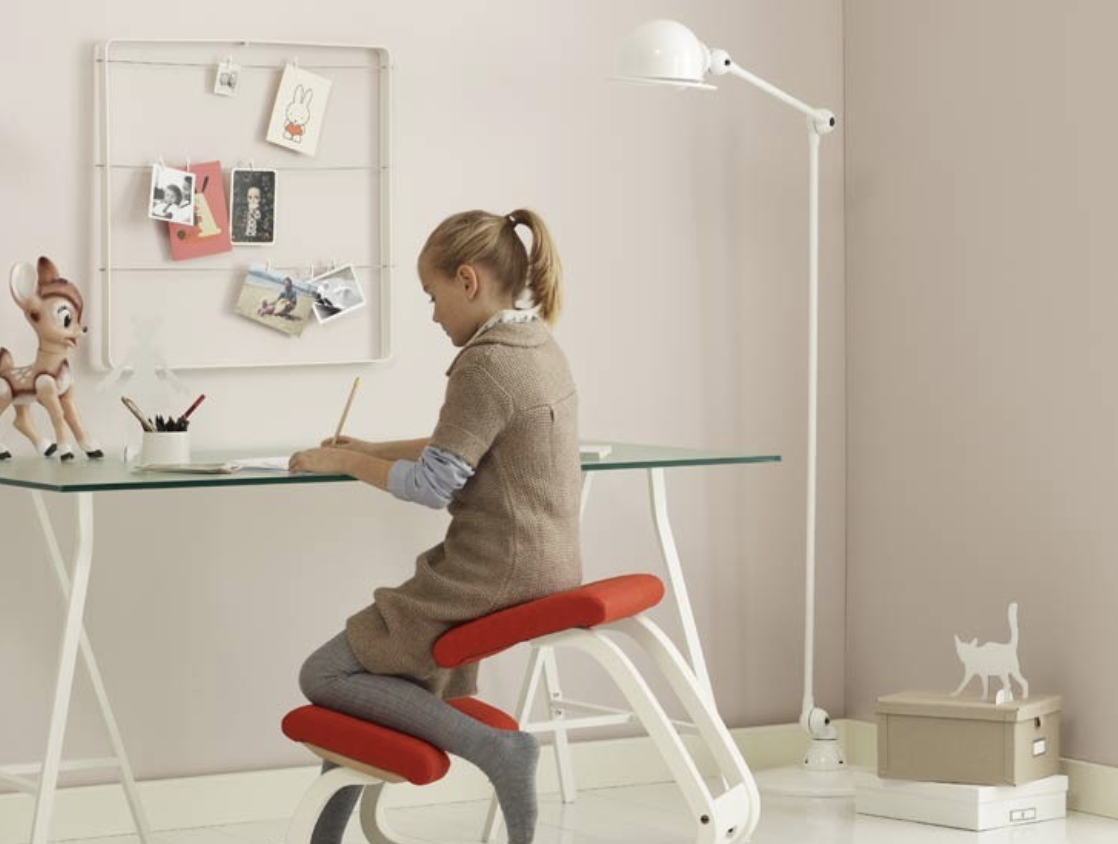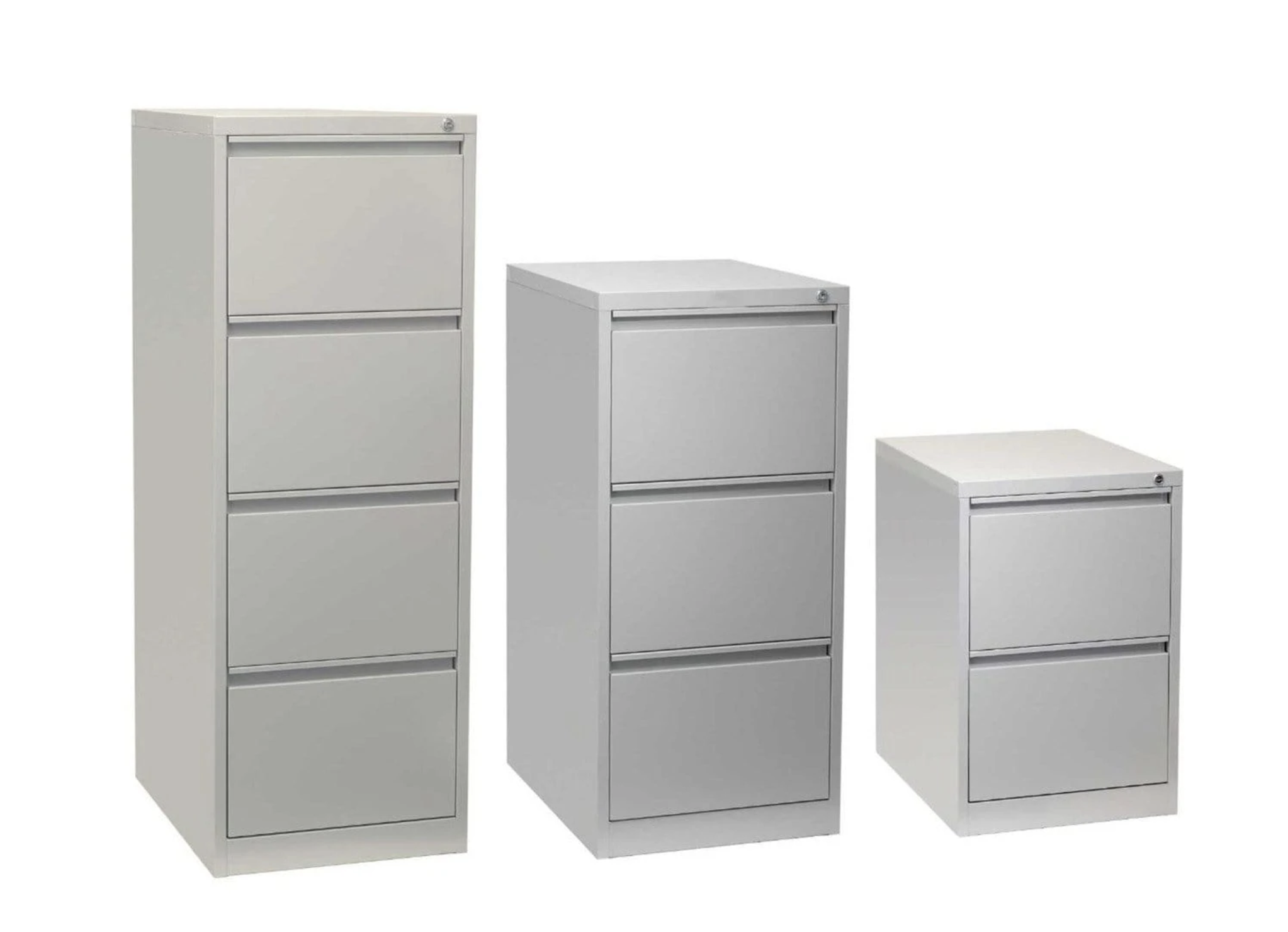
To Sit or to Stand (at your Desk) - that is the Question?
06 Aug 2019
Thomas Jefferson was one of the first in America to use a standing desk, in between serving as a Founding Father writing the Declaration of Independence and serving as the third President of the United States.

Thomas Jefferson found the time to order a height adjustable desk from a famous Williamsburg cabinetmaker. Jefferson requested that the desk be made with six peg legs to increase stability. The desk boasted a flat lined writing surface that could be used for reading or drawing. The height of the desk could be adjusted with a ratchet stand – a concept that has been modified and fine-tuned in today’s manual (crank-handle height adjustable desks
Winston Churchill also preferred to work standing – but his solution was to add an angled desk-rise frame to his standard desk. This is another concept that has been formed into the hydraulically raised Deskalators that sit on top of existing desks and provide a standing height platform for monitors and keyboards. Deskalators are a cost effective way of creating a standing working environment utilising an existing desk and a cleverly designed add-on;
The first electric standing desk wasn’t released until1998 and since then technology has added new features and innovations to these desks making them more robust and reliable. These features include;
• Two and three column leg sets to increase the level of height adjustability
• Electric motors that can lift up to 160kgs (raising this from a modest 70kgs)
• Quieter, faster lifting operation
• Memory settings on the height monitor – for pre-setting of operating heights
• Anti-collision mechanism that shuts the motor off if something gets in the way
This combination of developments has enabled manufacturers to offer longer, more comprehensive warranties - up to 15 years on some products – and has seen the technology developed to shared desk frames where individuals can have a screen between them and still work at different desktop heights;
So are standing desks just a fad and do standing desks do more harm than good or are standing desks good for you?
The ‘Jury’ is definitely still out on this one but according to a 2017 survey out of the Society for Human Resource Management in Canada, standing desks are one of the fastest growing trends in office furniture with an increase of 13 percent of employers using them in 2013 up to 44 percent in 2017.
We think the approach of ‘everything in moderation’ is probably the best one and a balance of time sitting (in moderation) and standing (in moderation) will produce the safest and healthiest outcomes. And it doesn’t matter if you’re standing or sitting, if you’re doing it statically, your body wasn’t designed that way so the best way to avoid/prevent health issues at work is to ‘keep moving’.
Obviously your specific job, your office layout and your budget are all going to be factors in whether or not a standing desk will be better for you.
For completely independent and obligation free advice on the sitting, deskalator, standing desk (manual, electric and shared) options available and how you can optimise the operational and health benefits from these options give us a call on 0-800-535-029 to discuss your requirements.
 return to all
return to all
More handy tips

Is Your Storage System Efficient?
02 Nov 2021
Static shelving is one of the most common storage systems available for paper based records and is normally designed to maximise wall and floor space.
Read More
Five Ergonomic Kneeling Chair Benefits
04 Apr 2019
Long periods of sitting at your desk can cause stress on the spine that often leads to joint and muscle stress, and eventually pain.
Read More
How to Choose the Best Filing Cabinet
09 Oct 2018
The first consideration in chosing the ideal filing cabinet should be the workflow/processes you have in your office. Are your records unique to individuals or are they accessed by groups of individuals - and how and for what reason are the records accessed?
Read More